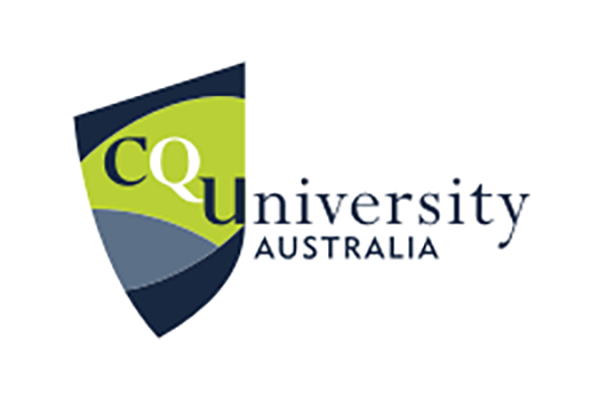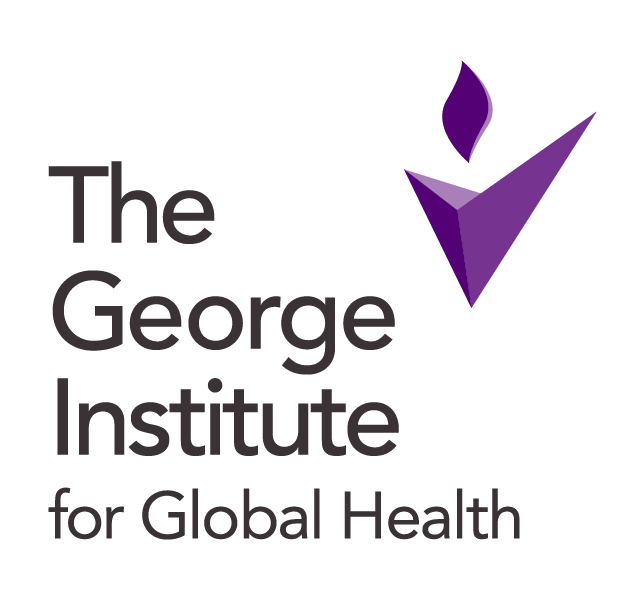

That URL is not an article or blogpost. Redirecting to the homepage.










If you want to learn how to lead teams, study leadership.
But if you want to learn how to lead projects, ideas and innovation, you need to study Expertship
Kim Johnson
Head of Organisation Development - Pacific
Aon

Since 2000, we've used one-on-one coaching to push executives to commercial and organisational success.
We have a proven track record with focused organisational development interventions: capability frameworks, scenario planning and strategy.
Barbara Miller
Director
People and Culture
Central Queensland University (CQU)

Our small group coaching process is the more effective way to develop frontline leaders.
It's short, sharp and effective development for busy, practical people.
Sally Sharman
Learning and Development Manager
DuluxGroup






Most SMEs are expected to attend technical training, to improve their technical skills. But to make the transition from subject matter expert to master expert, SMEs need to participate in Expertship programs. Here's how to make the case to your manager.

Far more than the ‘soft skills’ you hear people talking about, enterprise skills make all the difference when it comes to subject matter experts delivering high performance and breakthrough value-add. Combined with their technical skills, they enable experts to fulfil their potential and make a big difference to their organisation, customers and citizens, and the wider world.

This article explores redefining high-potential employees in government agencies, highlighting the shift from focusing only on future people leaders to supporting subject matter experts (SMEs) through a change in the way organisations define "potential".

How would graduates of the Mastering Expertship program describe the program to prospective participants?